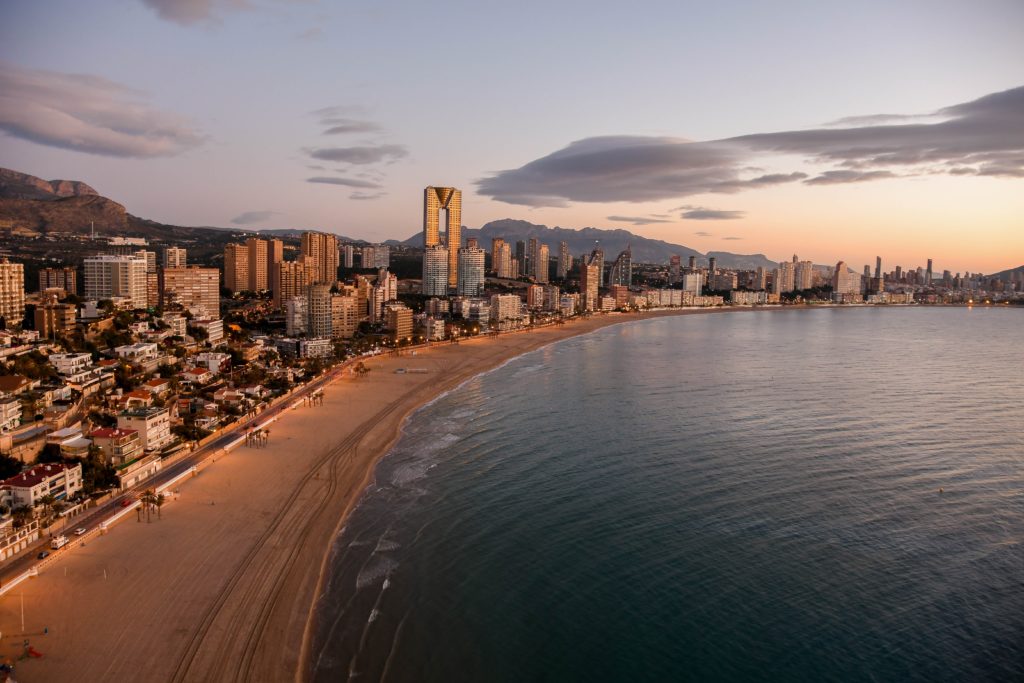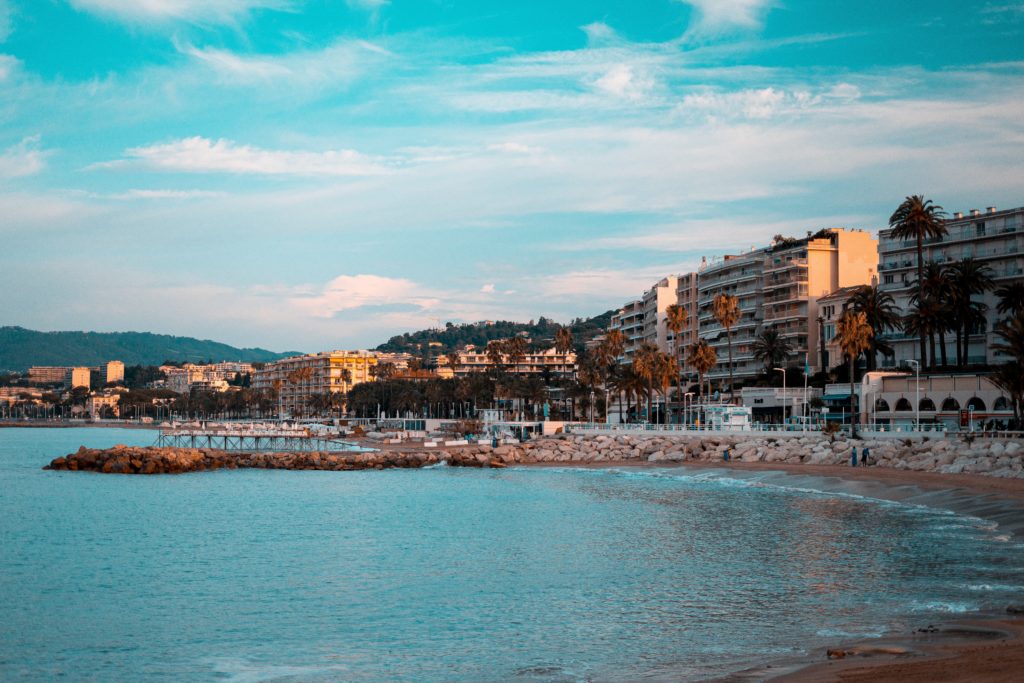Reinventing tourism? Travel virtually through the metaverse!
Augmented reality continues to develop and offer new possibilities. It is now even possible to travel based on augmented reality and the metaverse. What are the possibilities? And what experiences can be had? A look at these new technologies that take you to the other side of the world!
Tourism x Metaverse
The tourism sector has been put to the test with containment and the various health restrictions that have been put in place. For their part, augmented reality, virtual reality and the metaverse have gradually developed to take their full place in the new technology landscape. Tourism is precisely a sector that can adapt and evolve according to technological developments. It is therefore interesting to seize these new opportunities and create new offers.
Since the Facebook group became Meta in October 2021, the term metaverse is growing and becoming more and more popular. Used by many brands, the metaverse allows people to create and be immersed in a parallel virtual universe in which anything is possible. Thanks to the 3D representation, rich immersive experiences can be offered. This is an opportunity for users to discover unique places, riches present all over the world and universal. Thus, by combining tourism and the metaverse, the objective is to mix the physical and virtual worlds in order to offer experiences seen nowhere else.
Contact
Virtual travel
Various travel proposals are available in the metaverse. For example, the popular Spanish coastal resort of Benidorm is the first European tourist destination to announce its presence in the metaverse. Asian cities such as Seoul and Tokyo are even planning to open their own metaverse by 2023. It will then be possible to visit popular places such as Gwanghwamun Square, Namdaemun Market or Deoksugung Palace. In France, Cannes announced last April the beginning of its investment in the metaverse in order to represent the city's landmarks in the form of NFT such as the Palais des Festivals de Cannes, the boulevard de la Croisette, the Vieux-Port...



Virtual travel
Various travel proposals are available in the metaverse. For example, the popular Spanish coastal resort of Benidorm is the first European tourist destination to announce its presence in the metaverse. Asian cities such as Seoul and Tokyo are even planning to open their own metaverse by 2023. It will then be possible to visit popular places such as Gwanghwamun Square, Namdaemun Market or Deoksugung Palace. In France, Cannes announced last April the beginning of its investment in the metaverse in order to represent the city's landmarks in the form of NFT such as the Palais des Festivals de Cannes, the boulevard de la Croisette, the Vieux-Port...
But what does it mean? It would be possible to have 4D catalogues of destinations to visit. It would be enough to walk around the metaverse to discover unique places and world-famous monuments. It would even be possible to create new tourist destinations from scratch; a new definition of tourism is therefore emerging.
This new virtual facet of tourism therefore complements "real" tourism. The creation of phygital experiences is becoming more and more interesting, combining new technology and the pleasure of discovery. New practices are gradually taking root in the tourism sector and should continue to develop and be refined in the years to come.